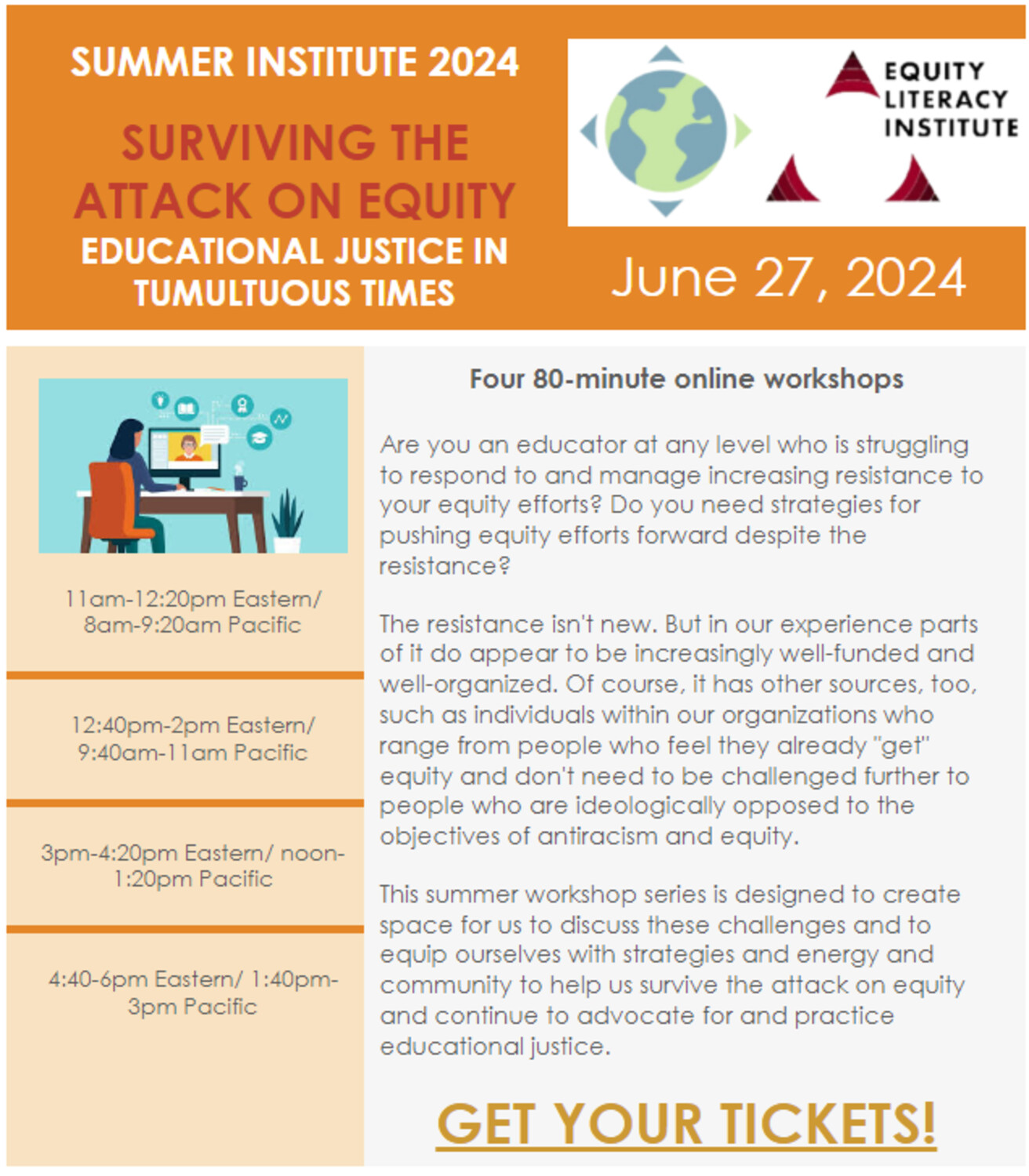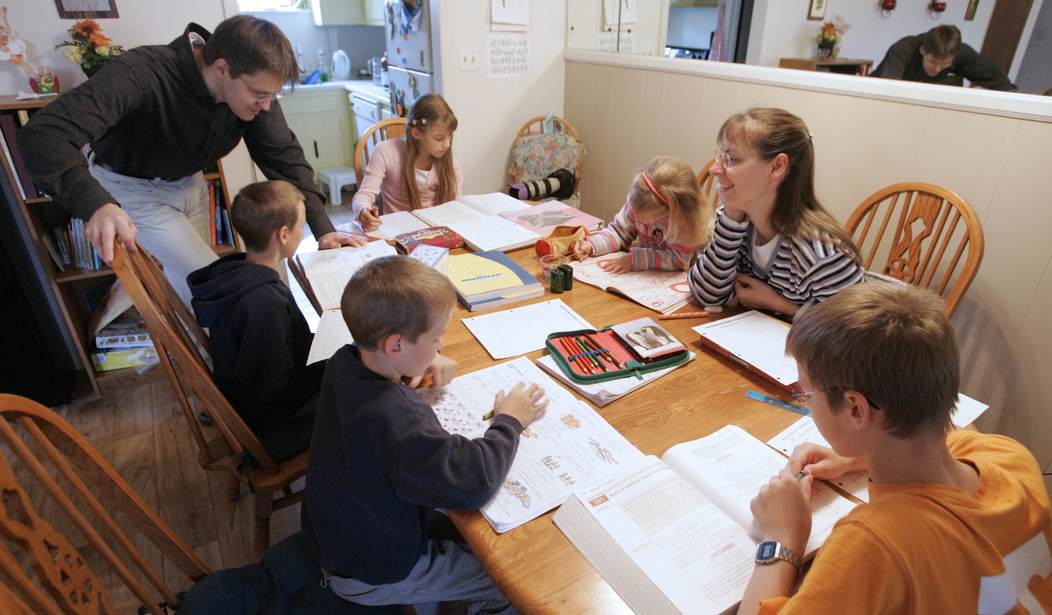In Minnesota, 50% of students cannot read at grade level. If we were to apply the traditional academic grading scale to that outcome, the public education system in the state would get a solid F.
That abysmal performance was the topic of much debate during this term of the Minnesota legislature, prompting the Democrat trifecta to pass “the READ Act,” an effort to replace the failed “whole language” method of literacy training with traditional phonics education.
“Whole language” is an absolute joke, recognized even by many on the Left as a toxic methodology that fails students. In essence, “whole language” is guessing words. Students are taught to look at “context” to determine what an unknown word is, rather than learn the sounds which match the word's constituent parts. The result is fumbling and bumbling, guessing wrong, and not actually learning to read. Elements of the Left like “whole language” because it deemphasizes standardized tests and enables them to pursue “equity” via “assessment through observation.” They regard phonics as racist because of disparate outcomes.
But the proof is in the pudding. When 50% of your students cannot read at grade level, something is obviously profoundly wrong. And so, an effort to reintroduce “the Science of Reading,” which is basically just good old-fashioned phonics, has caught fire.
In Minnesota, this was ostensibly the point of the READ Act, to provide resources and training to reorient teachers toward utilizing phonics. The bill was passed in 2023 but saw setbacks in the 2024 legislative session.
It turns out that much of the proven curriculum in the Science of Reading is written by old white men. And the Left can’t have that. Maligned as “culturally destructive,” such a curriculum has been targeted for replacement. That means reallocating resources from teaching kids how to read to reviewing the curriculum for its equity value. Indeed, the mission of “equity” is of greater importance to these activists masquerading as educators than the mission of literacy.
As you might imagine, this hasn’t gone over well with parents, residents, and taxpayers. It’s another log on the fire of education reform demands. Self-described parent-centric school board candidates have been prevailing in local races, much to the chagrin of the public education establishment.
On top of literacy concerns, the “parent-centric” movement has been a response to broader diversity, equity, and inclusion infusion into curriculum and policy. Public education is completely out of control, and that’s not just rhetoric. Quite literally, voters in Minnesota’s so-called independent school districts do not control what is happening in their schools. School board members are hobbled by model policies from the Minnesota School Board Association which grant all real power to district superintendents, obligate board members to publicly support whatever the district does, and prohibit board member engagement with both constituents and the legislature.
For example, two school board members in the Elk River ISD 728 School District were censured by their colleagues late last year for such “violations” as holding town hall meetings and visiting legislators in St. Paul.
All this, the failed outcomes, the ideological agenda, the denial of basic political representation, have kickstarted a fiery grassroots movement to force reform. But the beast won’t go down without a fight.
Recently, school administrators in Minnesota received an invite from the Equity Literacy Institute to attend a summer training entitled “Surviving the Attack on Equity.”
Are you an educator at any level who is struggling to respond to and manage increasing resistance to your equity efforts? Do you need strategies for pushing equity efforts forward despite the resistance?
Consider what this confesses. Public educators, who ostensibly serve at the pleasure of the People who established their institution, are actively organizing to share “strategies” on how to “push equity efforts” despite public “resistance.”

In what other context would this sort of dynamic be acceptable? As an employer, if you learned that your employees regarded your instruction and expectations as “resistance” to their preferred agenda, you would fire them. Unfortunately, public educators in Minnesota know all too well that the system has been rigged to insulate them from any expectation imposed by the People in their district.
The good news is that at least we know where we stand. This segment of public educators, backed by outside institutions, regard their role as one defined by conflict rather than service. They believe they know better than parents, residents, and taxpayers what kids ought to learn and how. And they have chosen a militant path toward “pushing” (their word) their agenda. With that clarity established, there should be no holds barred by the People in escalating our “resistance” to utterly defeat them.








